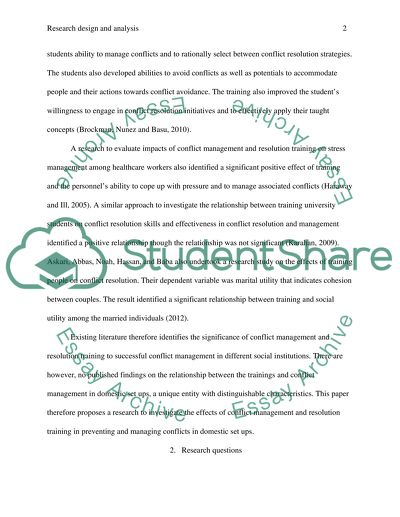Cite this document
(“Effects of training on conflict resolution Research Proposal Essay”, n.d.)
Effects of training on conflict resolution Research Proposal Essay. Retrieved from https://studentshare.org/sociology/1611425-research-design-analysis-research-proposal
Effects of training on conflict resolution Research Proposal Essay. Retrieved from https://studentshare.org/sociology/1611425-research-design-analysis-research-proposal
(Effects of Training on Conflict Resolution Research Proposal Essay)
Effects of Training on Conflict Resolution Research Proposal Essay. https://studentshare.org/sociology/1611425-research-design-analysis-research-proposal.
Effects of Training on Conflict Resolution Research Proposal Essay. https://studentshare.org/sociology/1611425-research-design-analysis-research-proposal.
“Effects of Training on Conflict Resolution Research Proposal Essay”, n.d. https://studentshare.org/sociology/1611425-research-design-analysis-research-proposal.


